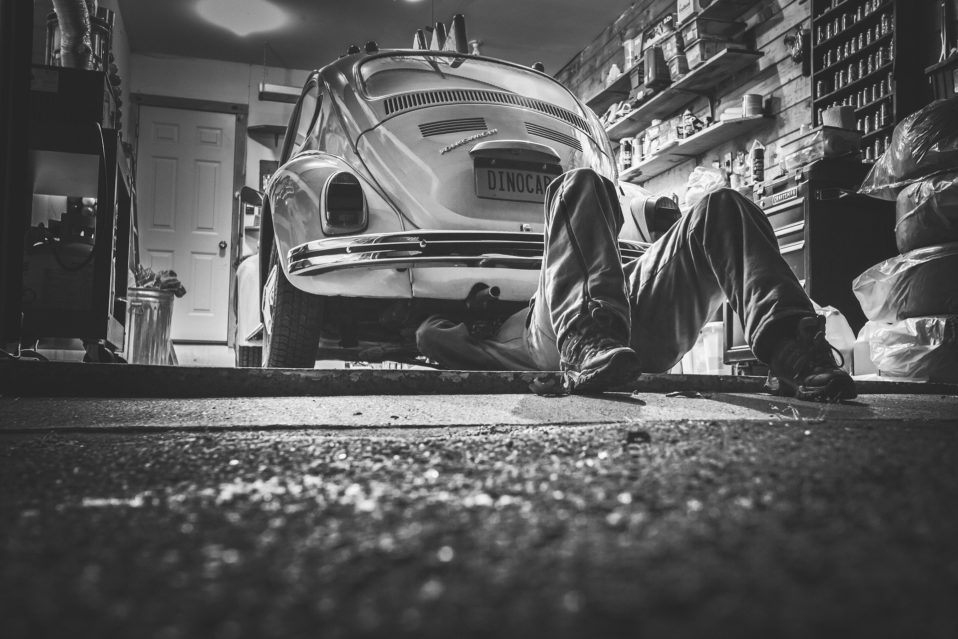
Experts say that the average passenger car should travel 200,000 miles or more before breaking down for good. But the truth for most of us is that they start to get old and worn out much sooner!
You may have already noticed some unusual sounds or vibrations coming from your car that suggest it’s struggling to cope on the roads, but the five simple tips below will help!
Whether you are investing in a new car, buying a used model, or trying to get the most out of your existing car, our advice will help you get the most miles possible from your motor.
TIP 1: Keep Your Car Safe
Many insurance companies are shocked by how often cars are left parked or stored in dangerous places. This can relate to their safety and security, but also to their exposure to bad weather.
Be sure to never park your car in unsafe areas; instead, always try to park in a safe, secure, and well-lit location. Also, regularly check that your locks and security systems are working properly, and that your car alarm is operational.
It is also important to protect your car from adverse weather conditions, such as cold, wet, and extreme heat. This can cause the vehicle to suffer from rust, rot, or general damage.
If parking in a garage is not possible for you, consider covering your car at night in a special tarpaulin that is suitable for your make and model, and which is made of a durable and suitable material.
TIP 2: Make Sure Your Car Is Clean
Keeping your car clean and tidy is not just a vanity pursuit or an aesthetic concern! Cleanliness also means your car stays dry, well ventilated, and free of dirt. Dust and grime can work their way into the engine’s inner workings, while punctures can be dangerous if they interfere with the use of pedals or the process of changing gears.
Be sure also to keep your car ventilated and at the right temperature. This will help to stop any problems caused by wetness – or excessive heat and cold – from developing.
And be aware that any small cracks on your windscreen can easily become large and dangerous if left unchecked for too long. Therefore, it works out much safer and more affordable to have any windscreen issues fixed at an early stage – preferably by an industry specialist such as Lucky Dog Glass.
To help ensure your car’s interior is kept tidy, you could try storing empty rubbish bags in your car, so that you always have a way of disposing of any junk that accumulates over the course of a journey.
TIP 3: Invest In Regular Maintenance
There is nothing more important for the longevity of your car than having it regularly serviced at a reputable car repair shop. This will allow you to drive confidently, knowing that a trained professional considers it to be safe and suitable for the road.
Changes to your wheels and engine can also make the car more comfortable to drive, which may extend its life by ensuring that you don’t want to sell or upgrade the vehicle until there is no other option.
Regular maintenance, inspection, and replacement of any wearing engine components may be regarded as an unwelcome expense, but in the longer-term it can be highly cost-effective, as you will be able to identify and correct small issues before they have the chance to become big (and expensive) problems.
Invest in a regular visit to a local garage and your car can last for many more years!
TIP 4: Drive More Efficiently
Studies have shown that drivers can save thousands of pounds by simply driving more efficiently; this is because efficient driving consumes less fuel and also causes less damage to the car.
Good driving as a daily habit can also extend the overall life of your car. Certain good driving habits may include driving in the highest safe gear possible, and carefully watching the road ahead so you can anticipate the actions of fellow drivers before they occur. Find some useful tips for efficient driving and you can improve the life of your car while saving money on your fuel bills!
TIP 5: Use Quick And Easy Updates
If your car is running well, but you are tempted to replace it simply because you fancy driving a new vehicle, then extending its life can be as easy as making a few small changes to the look and feel of your car so it feels like driving a whole new vehicle.
Plus, not only will this approach extend the lifespan of your car, but it will be cheaper too. You may even be able to add value to the vehicle by making the right design choices, meaning this can be an even shrewder investment than you first thought!
